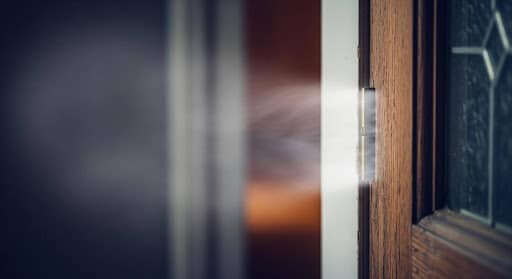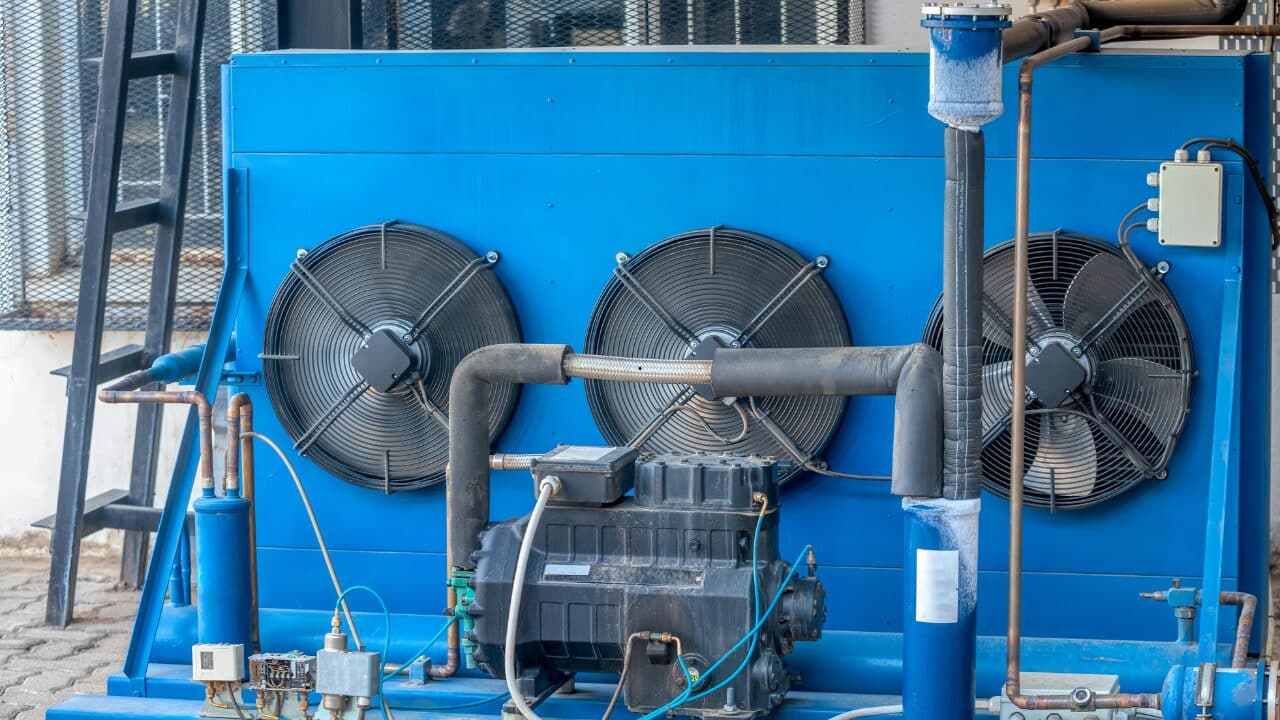When they creak at night, air ducts that rattle and pop can be slightly unsettling. Is the ductwork in your HVAC system noisy? You may learn why they are so noisy from this tutorial and what you can do to stop it.
Your entire home may be affected by loud noises coming from your ducting. It can be unsettling to hear loud air rushes and unexpected slamming, popping, and knocking noises. The air passing through ducts is typically what makes these noises.
Here are four typical causes of noisy ducts you could encounter before calling a technician to fix your ductwork.
Table of Contents
What Are The Main Reasons For Noisy HVAC Ducts?
Your home’s HVAC ducts may be creating noises for several reasons. The noisiest type of ductwork is typically found in homes and is made of sheet metal.
Pressure Build-Up
A pressure buildup can produce rumbling sounds. The metal may also expand and contract as a result. When the system is turned on, the air pushes up against the duct walls and expands them. Upon beginning, there is frequently a popping or slamming sound.
The metal walls bounce back to their original shape as the airflow decreases, lowering the pressure.
Improperly Cleaned Air Filters
The circulation of air and noise levels can be impacted if your air filters get blocked and unclean. Cleaning or replacing HVAC filters should be done often. The ductwork should be routinely cleaned since a material buildup might obstruct the channels’ ability to circulate air.
Faulty Dampers
Your HVAC system’s dampers may be closed, which can increase pressure and cause a variety of noises. By simply closing one damper, this typically doesn’t occur. Closing too many supply vents might put undue stress on your HVAC system, and closing too many dampers may make the system noisy.
Bending Flex Ducts
Inadequate installation of ducting occurs frequently. It might sag or bow. As a result, making airflow more difficult. In turn, this leads to an increase in static pressure and noise production. If you plan to use flexible ducts, make sure the contractor you choose is experienced in installing ducting of this kind.
How To Get Rid Of Noise Coming Out Of HVAC Ducts?
Ducts can expand and compress depending on the temperature. Your ductwork will therefore be susceptible to a movement that generates noise throughout the house whenever you switch on the furnace or air conditioner.
The louder it is, the more static the pressure in your ducting. Fortunately, many solutions stop your ducts from banging, clanging, and rattling. If you want to make your ductwork quieter, take a look at the following options:
Upgrade Your Dampers
If your ducts’ predominant noise is clanging or pounding, your vent dampers may be blowing open and slamming shut. The simplest solution is to swap out your outdated vent dampers for spring-loaded backdraft dampers.
This type of damper, as its name implies, is intended to pop open just when necessary and to stay closed the rest of the time.
Maintain Your Ducts
Reduced noise from loose, filthy, or malfunctioning ducts is possible with the regular repair of your ductwork. Experts advise having a professional check the HVAC system each fall for the furnace and each spring for the air conditioner.
One yearly inspection is enough to cover all the equipment and ductwork if your system is functioning properly and not creating any noise.
Change Air Filters
Blocked air filters or unclean ducts could severely hamper your ductwork’s ability to circulate air. Your HVAC system will benefit greatly from routine filter replacement and duct cleaning. It will assist keep your system running quietly while also increasing the overall effectiveness of your heating and cooling system.
Control The Pressure Issues
Too much static pressure is the main reason for noisy ducts. And figuring out this issue is challenging. The ducts will expand as the HVAC system tries to move more air through them than your ductwork can support, producing popping and banging noises.
The duct walls will shrink to their normal size once switched off or the pressure is reduced, producing even more noise.
Install A Duct Muffler
A duct silencer, sometimes known as a duct muffler, is one solution to think about when attempting to reduce duct noise in round ducts. They resemble a muffler because of their two walls and insulation, which lessen noise and vibration from other sources.
Near the HVAC system’s noisiest components, such as the fan or air handling unit, air duct silencers are added. The silencer is put in place once a part of the ducting has been removed. Adding a few silencers will reduce noise, but they won’t make it go away.
Conclusion
The best action is to have an HVAC expert test the static pressure in your system after checking for closed vents and repairing kinked or sagging flexible ducts. Static pressure is probably high if you can hear much noise. After examining the situation, the contractor will likely suggest one or more of the previously mentioned solutions.
Unneeded HVAC noise may come from an unclean or ineffective HVAC system. Plan maintenance for your furnace/heating system in the fall and your air conditioner in the spring. By installing an HVAC system that doesn’t require noisy air ducts, to begin with, you may completely do away with them.





